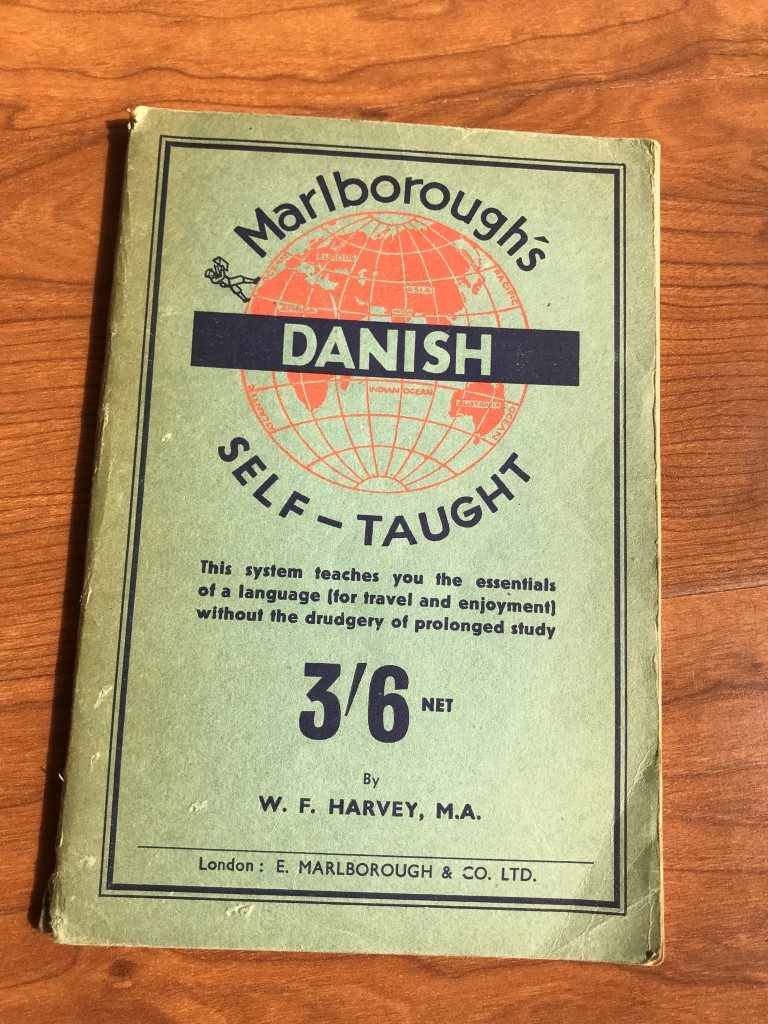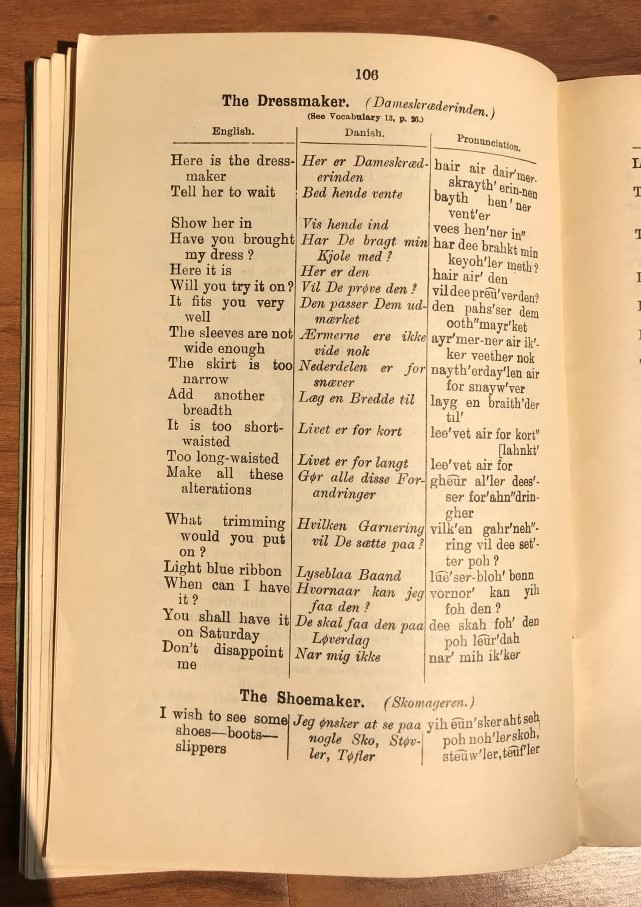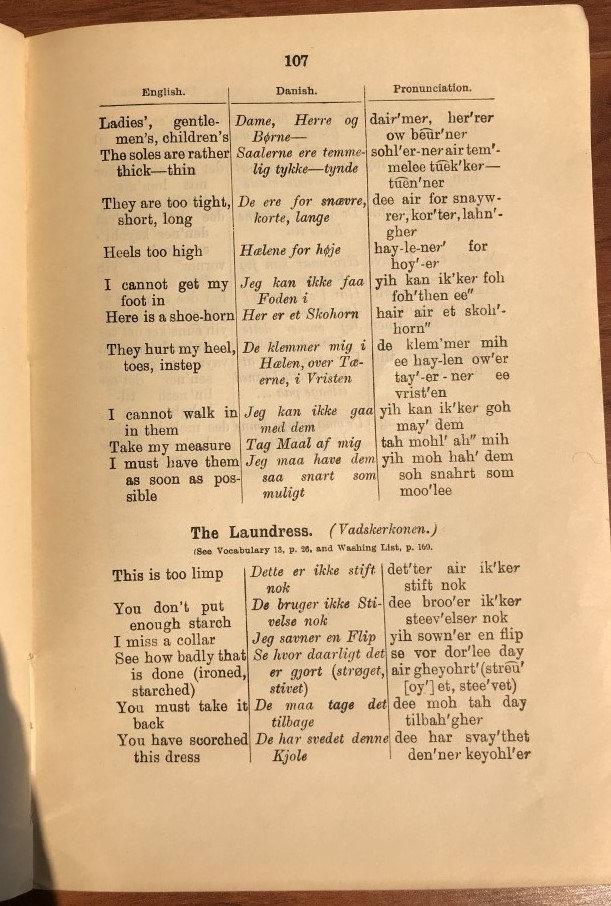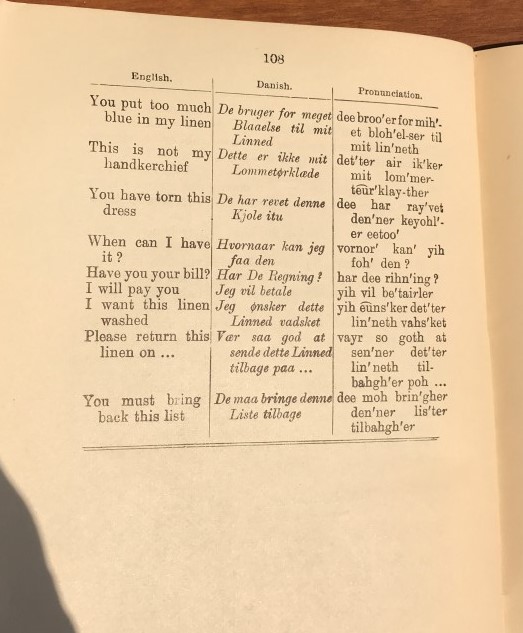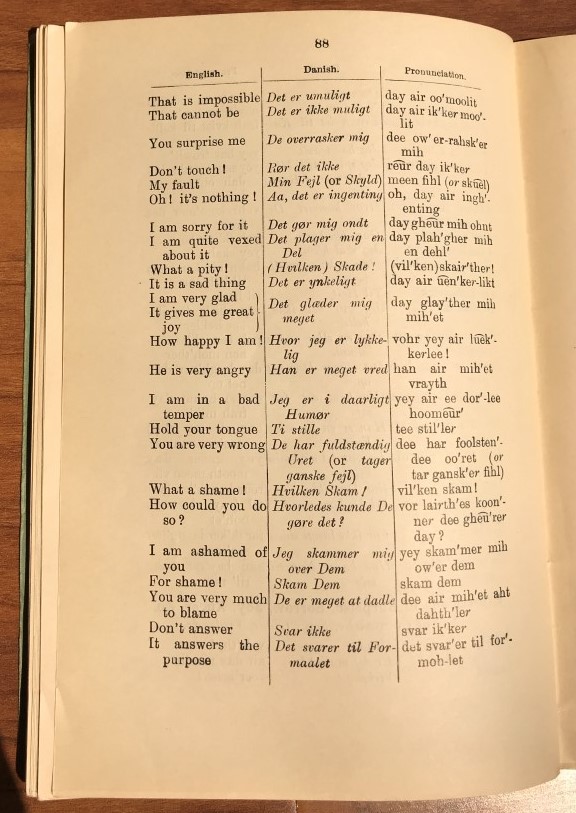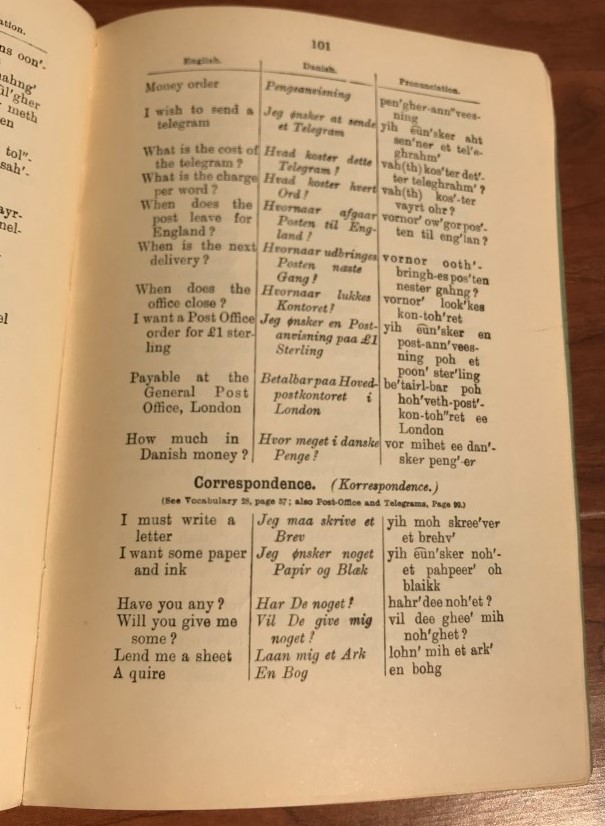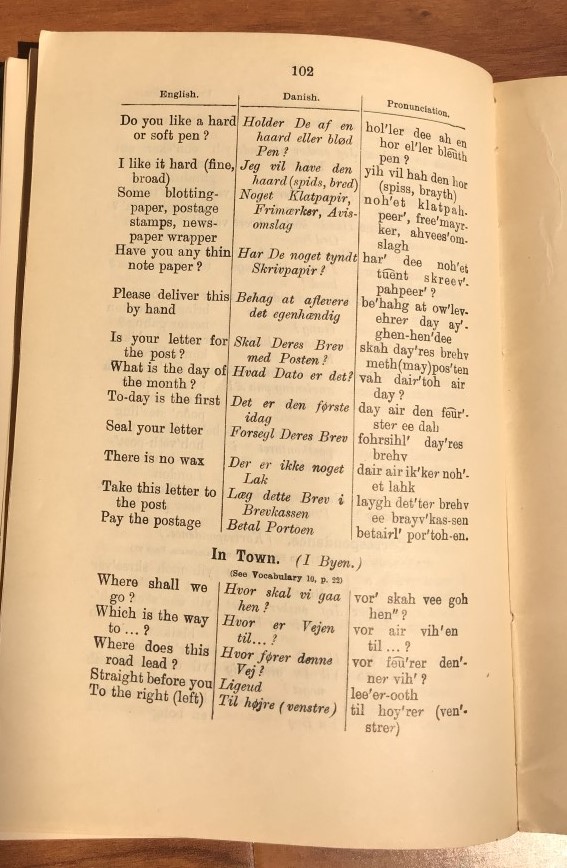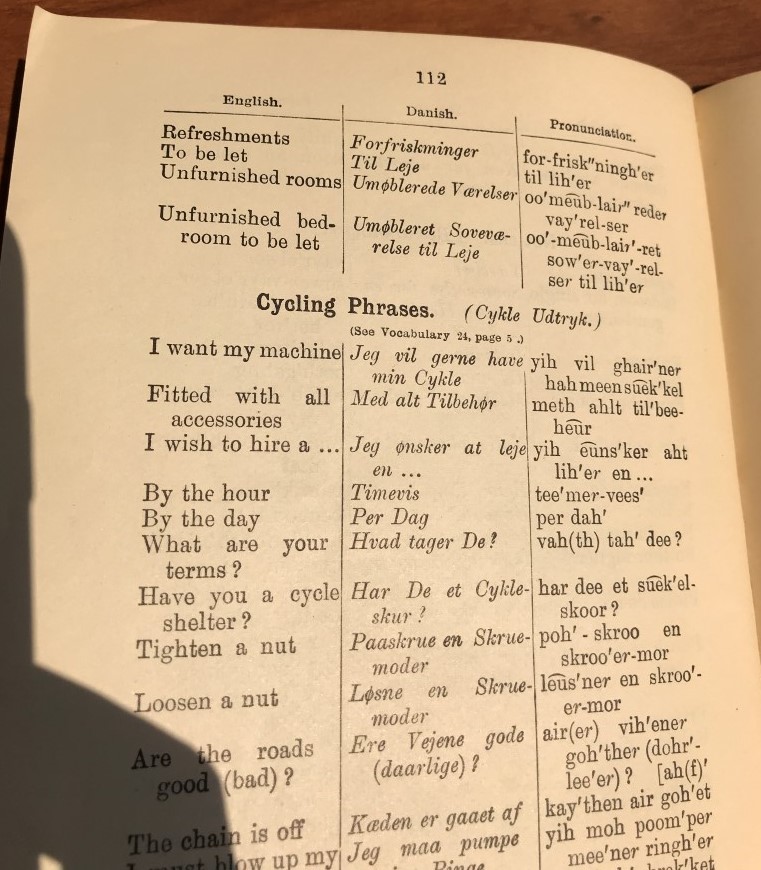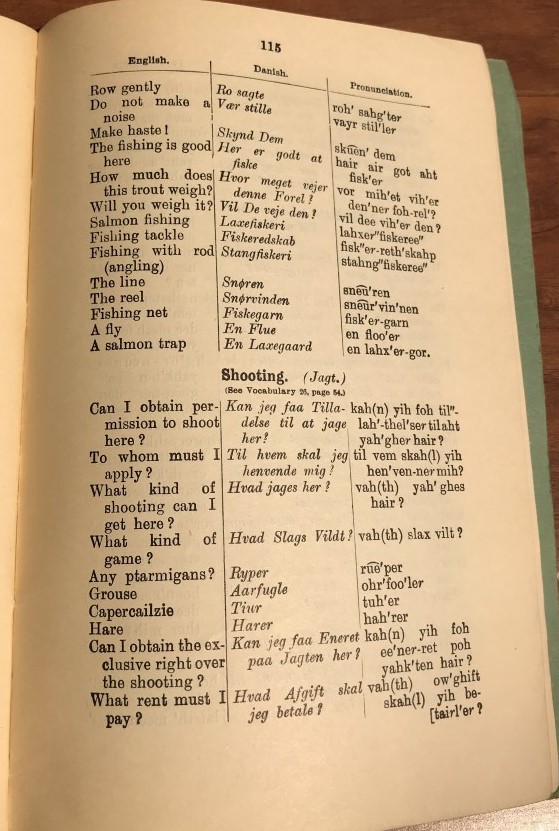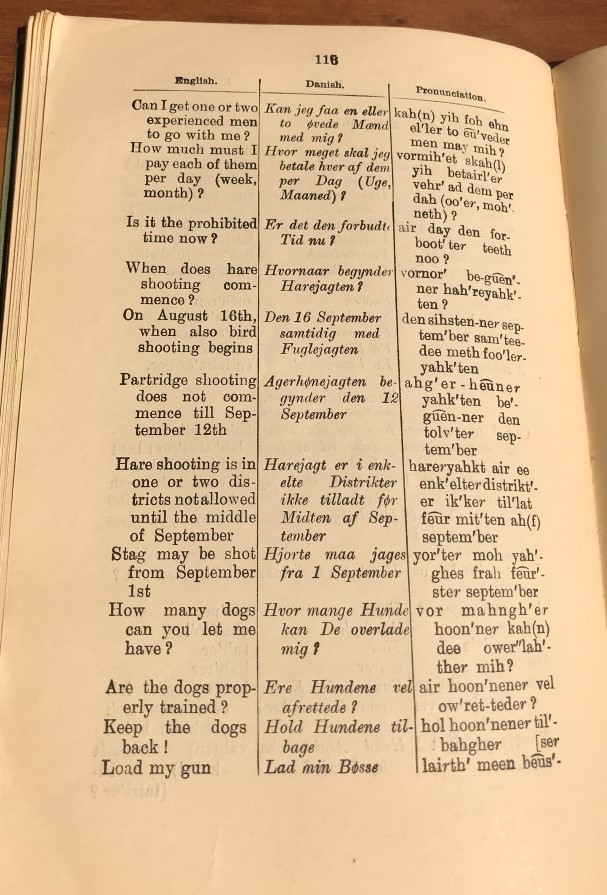Unlike the story of its coinage, the word Quoz did not stick around for long. It appeared suddenly, was briefly but popularly used in songs, plays, and magazines, and then vanished. After 1800, it is occasionally referenced in print, but no longer ever used.
The citations listed in the OED are a good proportion of the uses of Quoz still in existence.
quoz, n. (and int.)colloquial (depreciative). Now historical.
An odd or ridiculous person or thing; (with plural agreement) people or things of this kind. Also as int.: expressing incredulity or contempt. Cf. quiz n. 1.
Etymology: Origin uncertain; perhaps a variant of quiz n., although the reverse could also be the case, or the two words could be parallel developments from a common (unidentified) source.
- ?1780
- Festival of Momus (new ed.) 113 Small as well as great talk declares it a poz, That the tippy and the twaddle must give way to the quoz.
- 1790
- Bystander 93 Mr. World [sc. a newspaper] might retort that Mr. Herald was a Quoz, and a low print.
- 1790
- in Muses Banquet 68 Hum’d and then humbug’d, Twaddle, tippy, poz; All have had their day—but now must yield to Quoz.
- 1796
- Camilla IV. vii. xiii. 200 ‘The quoz of the present season are beyond what a man could have hoped to see!’ ‘Quoz! What’s Quoz, nephew?’..‘Sometimes we say quiz, my good sir.’
- 1802
- in Spirit of Public Jrnls. (1803) 6. 197 At length it was announced, that Pic-Nic, like Quoz, which was chalked some years ago on windows and doors, really meant nothing.
- 1841
- Mem. Pop. Delusions I. 325 Many years ago the favourite phrase (for, though but a monosyllable, it was a phrase in itself) was Quoz.
- 1926
- Amer. Speech 2 89/1 When mischievous urchins wished to annoy passersby, and incidentally create a little fun for their comrades, they would look the stranger in the face and cry out ‘Quoz!’
- 2001
- London Rev. Bks. 22 Feb. 34/2 The short-lived, inscrutable, vaguely insulting expressions heard in the 19th-century streets included ‘Quoz’, ‘Walker!’, ‘What a shocking bad hat!’ and ‘Has your mother sold her mangle?’
Oxford English Dictionary Online (login required)
The distribution of citations given by the dictionary are not always a good reflection of the pattern of usage across the years, but after many hours scouring Google Books and other full-text archives, I’m pretty sure the lexicographers at the OED didn’t miss much except for the articles in The World. Quoz was first used in a flurry from 1790 to the end of the 18th century, sparsely throughout the 19th (often as a pseudonym or satirical surname), and then almost all subsequent uses have been entirely lifted from Mackay – as in the American Speech paper, and in Peter Ackroyd’s London: The Biography, which is the book being reviewed by the LRB in the 2001 citation.
Nevertheless, for a brief glorious moment, Quoz was the meme of the moment, celebrated in song.
1790: Mr Edwin’s Quoz Song
The song “Quoz”, from The Muses Banquet, or Vocal Repository (1790) was published in a number of collections, as well as in newspapers in the UK and the USA. The songbooks credit the noted comic actor Mr. John Edwin, who died in 1790. His entry in the biographical dictionary of the London stage gives a thorough history of his career, and says that most of the songs credited to him were in fact written by the dramatist John O’Keefe, although Edwin definitely performed the Quoz song at least once, on August 27th, 1789, less than two weeks after the first chalkings. Less reliable, but more colourful, his authorised biography of 1791 provides a wealth of dubious details about his life, and includes (on pages 85-93) some pontifications (by another actor, a Mr Remington) on the subject of the fashions in slang, which aside from lacking all mention of Quoz bear a distinct resemblance to the lyrics below. The biography is not known for its verisimilitude, and it seems probable that the lyrics were worked into the biography rather than a borrowed monologue worked into the song.
QUOZ. Sung by Mr. Edwin, at the Theatre Royal, in the Hay-market.
(Tune—Stony Batter.)
Hey for buckish words, for phrases we’ve a passion
Immensely great, and little once; were all the fashion;
Hum’d and then humbug’d, Twaddle, tippy, poz;
All had their day—but now must yield to Quoz.
Walk about the town, each time you turn your head, Sir,
Pop staring in your phiz, is Q, U, O, and Z, Sir,
Cry’d Madam Dip to deary, it’s monstrous scandaloz,
To write on peoples shutters that shameful, nasty, Quoz,
Once it was the Barber, for ev’ry thing that’s right;
The Shaver knock’d the Barber down quickly out of sight,
Now we’ve got a new word, how invented ’twas,
If you ask, I’ll tell——, my answer, Sir, is Quoz.
The hobby-horse of late, we rode about with speed,
For drinking, wenching, gaming, ’twas the word, indeed;
Then Macaroni, Bore, and Rage, never sure the like was,
Yet all that sort of thing gave way to little cunning Quoz.
Tipsy, dizzy, muzzy, sucky, groggy, muddled,
Bosky, blind as Cloe; mops and brooms, and fuddled,
Florid, torrid, horrid, stayboz, hayboz, layboz
Words with terminations not so good as Quoz.
But when Quozzy came, Tippy, Bore, and Twaddle,
Bucks of blust’ring fame could not keep their saddle;
One attempts to rally—bully Quiz it was,
But by night Sally dubs him little Quoz!
There’s a jack to roast your meat, a jack to hold your liquor,
Jack upon the green to amuse the vicar;
Jacks of various sorts—Jack’s a quiz because
Jack gives way to Jill, and so does Quiz to Quoz.
Some may think it French, some may call it Latin;
Some give in this meaning, others will give that in;
Mean it what it will, or sense or non compos,
The meaning, I should think—the meaning must be——Quoz.
Suppose we say ’tis drinking—suppose it means a dinner——
Suppose a Methodist—suppose a wicked sinner;
To finish my suppose—suppose I make a pause,
I’ve hit it now, ’tis thank ye—and so, good people, Quoz.
As the song, and later citations note, it was always a puzzle as to what ‘Quoz’ meant. Even in the two citations that actually use the word Quoz, it is impossible to tell precisely what it means, except it is clearly an insult, and apparently interchangeable with Quiz. Mackay tells us it has no meaning, but a little digging will unearth a few contemporary uses, mostly in plays from the 1790s, and those authors must have had something in mind.
Of the surviving uses of Quoz from the 18th century, the passage from Camilla is my favourite. Please enjoy/forgive the long excerpt.
Lynmere ordered some shrimps.
There were none.
“There’s nothing to be had! ‘Tis a wretched county this!”
“You’ll get nice shrimps at Southampton, sir, by what hear,” said Mr. Dubster. “Tom Hicks says he has been sick with ’em many a day, he’s eat such a heap. They gets ’em by hundreds and hundreds, and hundreds at a time.”
“Pray, nephew, how long shall you stay? because of my nieces coming back at the same time.”
“A fortnight’s enough to tire me anywhere, sir. Pray what do you all do with yourselves here after breakfast? What’s your mode?”
“Mode, nephew? we’ve got no particular mode that ever I heard of. However, among so many of us, I think it’s a little hard, if you can find nothing to say to us; all, in a manner, your relations too.”
“We take no notice of relations now, sir; that’s out.”
“I’m sorry for it, nephew, for a relation’s a relation, whether you take notice of him or not. And there’s ne’er an ode in Virgil will tell you to the contrary, as I believe.”
A short silence now ensued, which was broken by a sigh from Sir Hugh, who ejaculated to himself, though aloud, “I can’t but think what my poor friend Westwyn will do, if his son’s come home in this manner! caring for nobody, but an oyster, or a shrimp; . . . unless it’s a newspaper!”
“And what should a man care for else, my good old friend, in a desert place such as this?”
“Good old friend!’ repeated the baronet; “to be sure, I’m not very young. . . . However, as to that . . . but you mean no harm, I know, for which reason I can’t be so ill-natured as to take it ill. However, if poor Westwyn is served in this . . . way. . . He’s my dearest friend that I’ve got, out of us all here, of my own kin, and he’s got only one son, and he sent him to foreign parts only for cheapness; and if he should happen to like nothing he can get at home, it won’t answer much in saving, to send out for things all day long.”
“O don’t be troubled, sir; Westwyn’s but a poor creature. He’ll take up with anything. He lived within his allowance the whole time. A mighty poor creature.”
“I’m glad of it! glad of it, indeed!” cried Sir Hugh, with involuntary eagerness; “I should have been sorry if my poor good old friend had had such disappointment.”
“Upon my honour,” cried Lymnere, piqued, “the quoz of the present season are beyond what a man could have hoped to see!”
“Quoz! what’s quoz, nephew?”
“Why, it’s a thing there’s no explaining to you sort of gentlemen; and sometimes we say quiz, my good old Sir.”
Sir Hugh, now, for almost the first time in his life, felt seriously affronted. His utmost lenity could not palliate the wilful disrespect of his language; and, with a look of grave displeasure, he answered, “Really, nephew, I can’t but say, I think you’ve got rather a particular odd way of speaking to persons. As to talking so much about people’s being old, you’d do well to consider that’s no fault in anybody; except one’s years, which is what we can’t be said to help.”
“You descant too much upon words, Sir; we have left off, now, using them with such prodigious precision. It’s quite over, Sir.”
“O, my dear Clermont!’ cried Sir Hugh, losing his short movement of anger in a more tender sensation of concern, “how it goes to my heart to see you turn out such a jackanapes!”
Camilla — Frances Burney
This passage comes from chapter thirteen of book seven (the novel is… quite long), but Sir Hugh is called “a quiz, … or a quoz, or some such word” in a couple of other places, never knowing the precise meaning, but taking it “rather unkind” nevertheless.
The only other cited use in a sentence is from The By-stander, or, Universal Weekly Expositor, a short-lived periodical published from August 1789 to February 1790, edited by dramatist and songwriter Charles Dibdin. Naturally the magazine had a strong focus on the theatre, and the section in which Quoz makes an appearance is in an imagined debate between the newspapers of the day who have taken the step of treating theatrical reviewing in the same way as politics.
Mr. Herald might complain, when he did not understand Mr. World‘s arguments—which indeed nobody ever can—that he was Suborned; and Mr. World might retort that Mr. Herald was a Quoz, and a low print. Mr. Times might enumerate how often Mr. Post had been bought over, and Mr. Post might pun and say, if the ravings of a certain paper were to be credited, it must be sad Times indeed.
The By-stander—Charles Dibdin
So Quoz was coined, and maybe it meant Quiz, or maybe nothing at all, and then it was soon forgotten.
Quoz erat demonstrandum.
Postscript
The history of usage of Quoz and Quiz follow quite different patterns. Quiz emerges slowly, with a tiny handful of uses between 1783 and 1790, out of collegial publications and into the papers and onto the stage and becomes acknowledged slang and so on. Quoz comes out of nowhere, literally no mentions at all prior to August 1789, and then a dozen before the end of the year (mostly as pseudonyms in letters to editors, or in comments about where the word came from). Its appearance was sudden and surprising, and widely commented upon. Perhaps the most respectable appearance Quoz ever got was in Thomas Paine’s The Rights of Man, although later editors inappropriately gloss it as ‘quiz’.
We can guess what happened afterwards. The Quoz meme (especially as a forced meme), never really stood a chance. After a literally overnight rise to fame, it was doomed to burn out just as rapidly. I can’t help wondering how Edwin’s song was received, two weeks later. Was it still in the ascendant, naturally part of the street joke, or already hopelessly dated?
Quoz survived for a while in the nineteenth century as a pseudonym for those writing to newspapers, or the occasional poet. And then as the name of a character in Washington Irving’s satirical Letters of Jonathan Oldstyle, Gent.. Later, it was used in the USA as a mocking name for Dickens. Boz (a pen-name previously used by Dickens) became Quoz, and Charles Dickens became Quarles (“quarrels”) Quickens, thus cleverly implying both oddness and quarrelsomeness, traits for which Dickens had a reputation abroad.After Mackay, reference to Quoz all but dried up. There are a few dictionaries, particularly those focussing on slang, which record it. I suspect a study of their genealogies would be mildly interesting. The context of the word however, was mostly lost, and recent dictionaries define it as something like: “a strange or absurd thing or person”. Something like the original definition of quiz, but with much of the insult lost.
I suppose that is the path which resulted in it coming to the attention of William Least Heat-Moon, who called his 2008 book “Roads to Quoz”. The opening chapter begins with a paean to words beginning with Q, and rhapsodises on Quoz in particular.
So that brings us to quoz: a noun, both singular and plural, referring to anything strange, incongruous, or peculiar; at its heart is the unknown, the mysterious. It rhymes with Oz. To a traveler, it’s often the highest quaesitum. For me, everything — whether object, person, or event — when seen clearly in the depths of its existence, in its quiddity, is quoz, and every road, every alley, the hall to your parlor, the course of a creek, the track of a comet, all are a route to quoz for any traveler, any querist willing to question, to go in quest, to ask the cosmic question of medieval church drama: Quem quaeritis? Whom do you seek, O pilgrim?
The Roads to Quoz—William Least Heat-Moon
Quoz as an attractive curiosity was not the intention that the 18th century London public had when they called it out in the street. Quoz was queer and peculiar in a turn-the-nose-up kind of way that has been lost in the two century game of slang-dictionary telephone. A search for Quoz would be nonsensical to the 18th century theatre-goers who laughed along with John Edwin.
Heat-Moon has contributed to the story of Quoz in another respect though, by coining 250 derivations that might be of use in rehabilitating the quoz root alongside quiz. Excerpted here.
Though I like the nobler sentiment, I quite prefer Quoz the meme, the stupid nonsensical shout that exists only as a vector for derisive connotation. It’s a reminder that the internet meme factory is not a new phenomenon, and that there have always been words which there’s no explaining to you sort of gentlemen.
